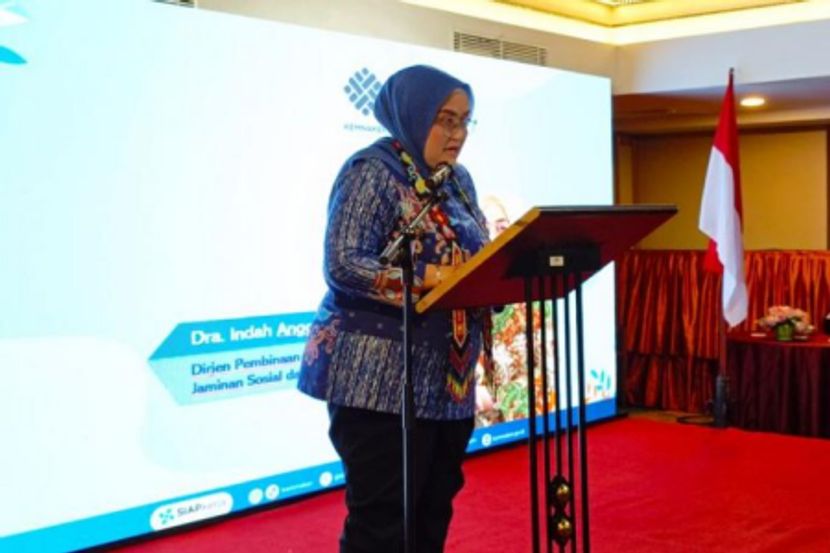Food and Beverage Industry Suffers Massive Layoffs Due to Indonesian Health Regulations

The Ministry of Manpower (Kemenaker) has responded to the threat of mass layoffs in the food and beverage industry (mamin) as a result of government regulations (PP) on the health...The Director General of Labor Relations Development and Employment Social Security (PHI-JSK) at the Ministry of Manpower (MOM) confirmed that so far they have not received any reports of layoffs in the food and beverage industry. Even so, she said that the wellness program should not be viewed only in terms of its negative impact, and that this provision is seen as a motivation for the food and beverage industry to encourage people to lead healthy lifestyles. Instead of focusing on the workforce, as there have been practically no reports of layoffs in the food and beverage industry, the business is being reorganized to better respond to the healthy lifestyle of the community. The Ministry of Manpower has stated that layoffs are a last resort for companies to maintain their business and that if a company is forced to lay off employees, workers must still be entitled to their rights. They called on workers who are forced to reposition themselves due to business transformation that they must receive training, including skills upgrading and retraining.
This follows the government's issuance of Government Regulation (PP) No. 28 of 2024 on the implementation of the Health Act (UU) No. 17 of 2023. Through this regulation, the government plans to impose excise tax on processed food products with excessive sugar, salt and fat content, as well as banning advertisements, promotions and sponsorships at specific times, locations and target groups. The Chairman of the Indonesian Association of Food and Beverage Manufacturers (GAPMMI) expects that the implementation of the excise tax on sugar-sweetened packaged beverages (MBDK) in 2025 will have a significant impact on the sales of products in the food and beverage industry (mamin) , leading to the possibility of mass layoffs in the industrial sector. In this context, he compared the calculations of the Ministry of Industry (Kemenperin) on the imposition of excise tax on sugar-sweetened beverages of Rp 1,700 per liter, the price of the product may increase by 6-151 TP3T. based on her calculations, if the rate of excise tax on 350 cc of beverage products is Rp 1,700 per liter, the excise tax levied on each bottle would be about Rp 600. If the average price per bottle at retail is Rp 5,000, then the manufacturer's price is about Rp 3,000, which means an increase of about Rp 600 from Rp 3,000, which means a price increase of 20%. this is very remarkable because processed food products are price sensitive.

